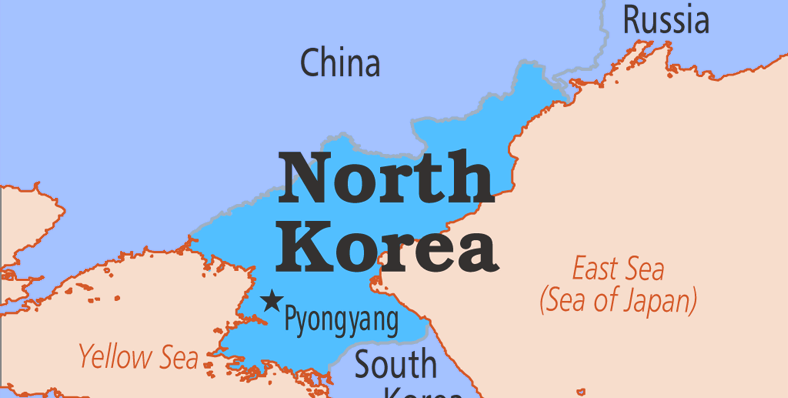KUALA LUMPUR, July 28 (NNN-Bernama) — Track two diplomacy can play a crucial role in helping to resolve the conflict between North and South Korea, and contribute towards a peaceful reunification of the Korean Peninsula, said experts.
Lauren Richardson, a lecturer at Australia National University’s Department of International Relations, said the challenges of peaceful reunification is immense and it cannot be dealt with exclusively at an official level.
She said track two can thus help to break through some of the constraints and barriers faced at the track one or formal diplomacy level, where policy of the governments involved have often been shaped by their domestic constituents and national interests.
“When the Korean Peninsula was divided, it was not just two governments that were divided, but a whole society as well. Therefore it is important that we approach the matter of reunification from both a government and non-government or non-official level with both Track One and Track Two.
“It is easier to avoid such pitfalls as the track two level participants do not have to adhere to any particular policy line and therefore can think more creatively and be more outspoken,” she said at the International Leadership Conference and Think Tank 2022 Global Forum on Wednesday.
The two-day virtual conference, titled ‘Towards Peaceful Reunification of Korean Peninsula: Best Practices in Track II Diplomacy’, was organised by Universal Peace Foundation (UPF) Asia Pacific.
It was attended by some 5,000 participants from over 40 countries.
Track one diplomacy is often referred to as formal diplomacy between two states while track two diplomacy or informal diplomacy — led by non-governmental organisations and civil society — provide unofficial spaces and flexible setting for dialogues between concerning parties.
Dr Robert Kittel, senior advisor and Education Director of UPF Asia Pacific, who also spoke at the conference, said as an international non-governmental organisation with footprints in some 150 countries worldwide and its ability of engaging in soft power diplomacy, the UPF can be an important player in this endeavour.
He also believed that with personal relations of the UPF founders – Dr Sun Myung Moon and Dr Hak Ja Han – with key stakeholders in both North and South Korea, the organisation will be able to help create the atmosphere for talks between both parties to move forward.
“Reunification of the Korean Peninsula could be the linchpin for global peace. The Korean Peninsula is a micro-model of all the tensions we see in the world today.
“Therefore, if the problems on the peninsula could be solved, then that opens up prospects to solve similar problems anywhere in the world,” he said.
Following the Korean War (1950-1953) no peace treaty was ever signed and the two Koreas are technically still at war.
— NNN-BERNAMA




